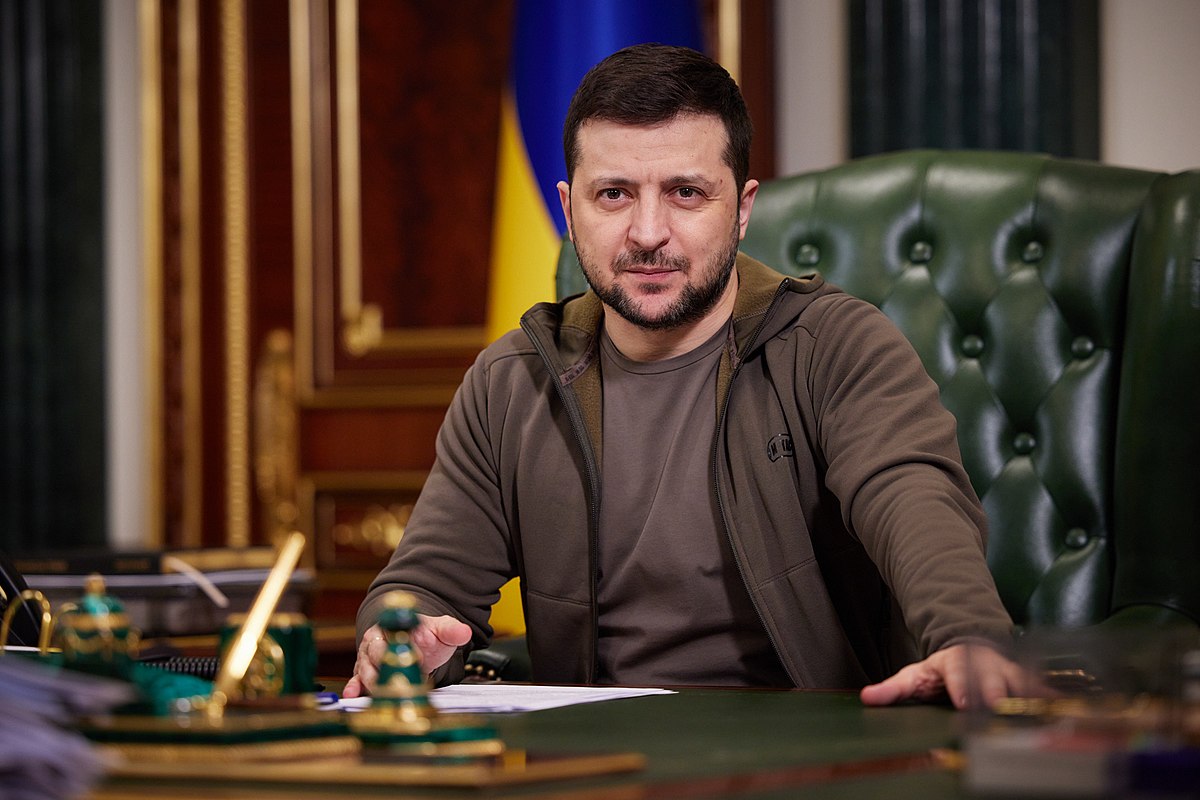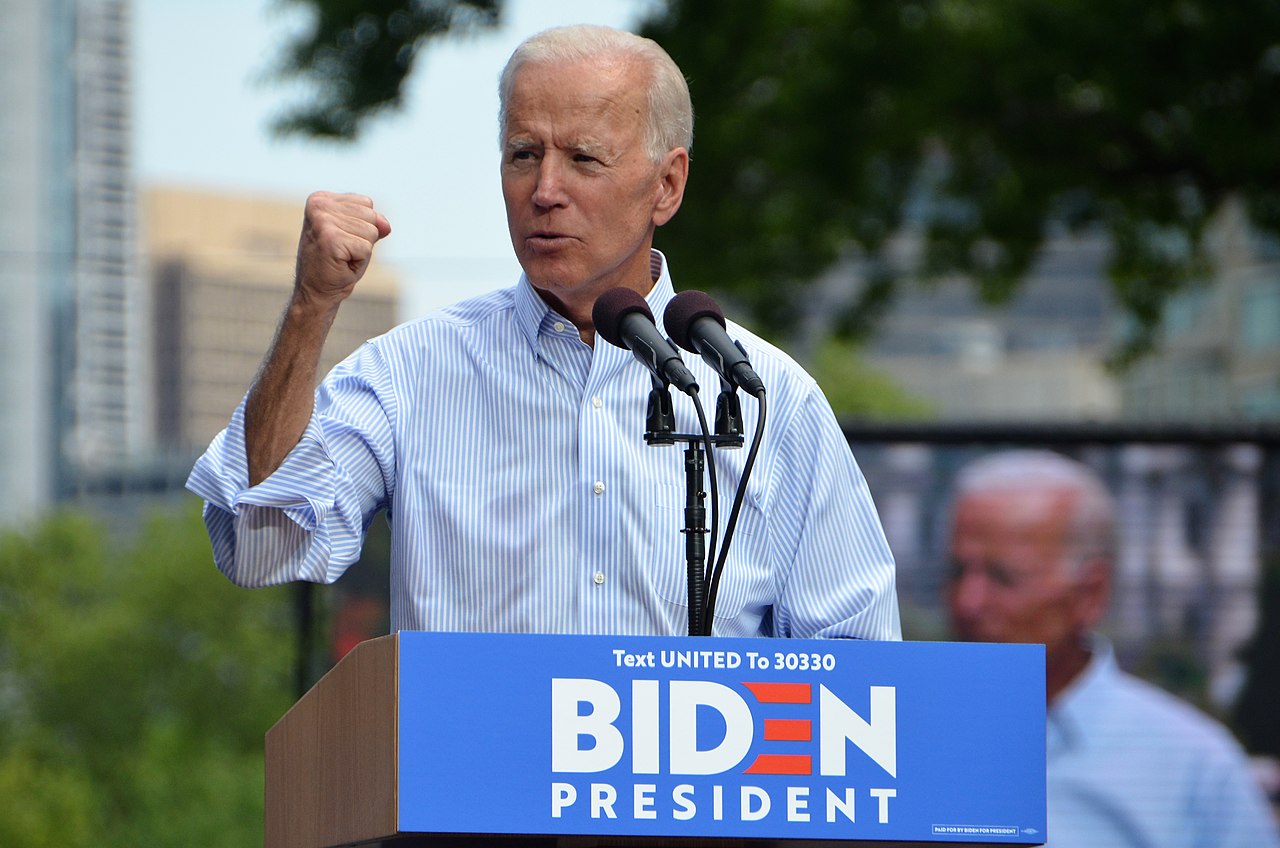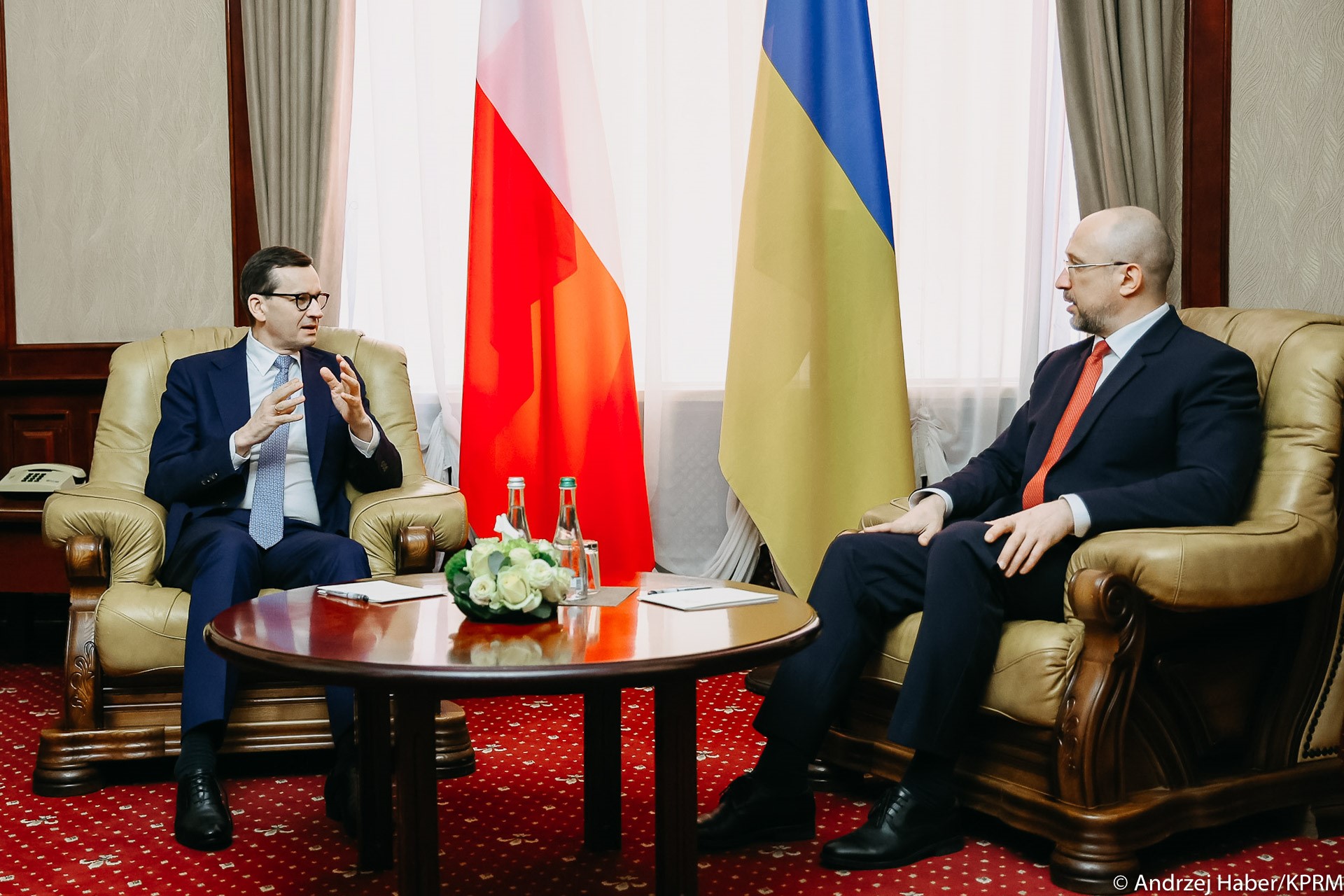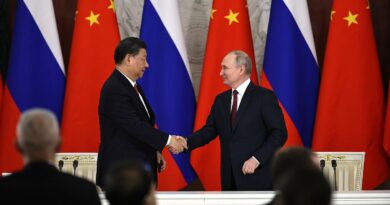Putin’s propaganda failure. How Kiev defeated Moscow (Part 2)

Regardless of the military outcome of the war, in a sense, Ukraine has already won. In 2014, the south-east of the country welcomed the Russians with flowers. Today, it bids them farewell with the legendary phrase of the defenders of the Snake Island. Separatism will not pass. In terms of propaganda, Putin has lost Ukraine
Maciej Pieczyński
From the very beginning, Ukrainians focused on the information offensive, massively publishing films, photos, and articles documenting their military successes, their determination and patriotism, and Russian war crimes against civilians. The Russians, on the contrary, adopted the tactic of an information embargo. They forbade the Russian media to report on the “special operation” based on any sources other than those officially provided by Moscow. And since the official view of Moscow was extremely laconic in its announcements from the very beginning, the Russians could learn little about the war. Apart from the fact that the army of the Russian Federation is conducting a “special military operation” in Ukraine, the aim of which is de-Nazification and demilitarization. The word “war” is forbidden. Unless it is about Western actions aimed at Russia. Vladimir Putin compared the anti-Russian sanctions to war. In this way, he ridiculed his own narrative. There have been many ironic comments on the Internet suggesting that, in line with the Kremlin’s logic, the West is not waging a war against Russia, but a “special economic operation”. This obvious lack of consistency and sense in the Kremlin’s reasoning is not widely recognized in Russia.
Of course, state-owned TV and radio channels in Russia do not inform their viewers about war crimes in Ukraine. Moscow is trying to limit access to the Internet, but it is still possible, and the Russians could learn from alternative sources from the first moments of the invasion that the “special operation” was a propaganda euphemism. Anti-war demonstrations passed through the streets of larger cities. However, this is a very small and insignificant force in Russia. On average, several to several hundred people protested at one time. In Moscow and St. Petersburg – several thousand. The demonstrations ended in brutal detentions and arrests. The Russians also protested on the Internet. The anti-war petition, initiated by the opposing Yabloko party, raised 80,000 signatures in four days. The call for an immediate cessation of hostilities posted by human rights defenders on the Change.org website was supported at the same time by over a million Internet users. However, it is not known how many of these petitioners were Russian. Artists, such as the writers Boris Akunin and Dmitry Glukhovsky, and Nobel Peace Prize winner Dmitry Muratov, the editor-in-chief of the opposition Novaya Gazeta, are protesting as well. However, this is no surprise, and these are not voices that can change the course of history.
The survey conducted by the Russian Public Opinion Research Center (RPORC) provides a more accurate perspective. As much as 68% of respondents support a “special military operation”. The opposite opinion was expressed by 22% of subjects. The survey was conducted by a state institution, but commentators independent of the Kremlin are rather unanimous that the results accurately reflect reality. Putin broke records of popularity after the annexation of Crimea. Today, such a tendency is not visible – there is neither any noticeable increase in support, nor any significant decline as well.
It is a cognitive mistake to claim that the war in Ukraine was Putin’s, not “ordinary Russians”. The latter express support for Kremlin’s foreign policy. The street poll conducted by the opposition television station created by Radio Free Europe was symptomatic. Journalists showed photos of the enormity of the devastation in Ukraine to random passersby and asked for their opinion. Most “ordinary Russians” either did not want to see the photos or questioned the liability of the Russians. And if they admitted that Putin was responsible for the suffering, they stated that it was really terrible, but it was necessary, because Russia has to defend itself against the Ukrainian Nazis.
The conviction that evil Ukraine is a threat to innocent, peaceful Russia is one of the most important facets of Kremlin propaganda. It is widely established that Moscow never attacks, it only defends itself. This old rule holds true even today, when it is obvious that Russia attacked Ukraine unprovoked.
An ever more grotesque propaganda
In short, the Kremlin is pushing for a narrative according to which the aggressor is not Moscow but Kiev. The government media says nothing about the civilians killed by the occupier. However, they stubbornly repeat that the Ukrainians are “bombing Donbass” and are committing genocide there. When Russian bombs fell on a hospital in Mariupol, the ambassador of the Russian Federation in France stated that the attack was carried out by “Ukrainian nationalists”. Sergey Lavrov unilateraly denied that Russia attacked Ukraine. On the other hand, Moscow is constantly trying to present evidence that Kiev was getting ready to invade Russia. It is obvious that both sides of the conflict are using disinformation. The Russians are doing it unskillfully, unconvincingly, grotesquely. Without trying to make the message credible in any way, so that it would have a chance to reach someone other than the voters of Vladimir Putin, who were brought up on Russian television. The Russians tried to explain their attempt to conquer large cities based on the alleged presence of biological weapons laboratories there. First, the falsehood of this theory was quickly debunked. Second, even if it were true, it would be difficult to justify the bombing of civilian objects as a result, and there is a lot of evidence for this. The notion that the “operation” was necessary due to the alleged works on developing nuclear weapons in Ukraine is also not very credible.
Kiev’s information policy seems to be much more sophisticated and effective. News about the bombing of the place of execution of Jews in Babi Yar by the Russians spread throughout the world. It turned out that this is not true, but the factual correction did not have such firepower. Zelenskiy and his associates are successfully painting the image of Putin as the new Hitler, comparing the attack on their country with the invasion of the Third Reich on the USSR, which must find fertile ground among those geopolitically indecisive Ukrainians who remember the Soviet era with reverence. The history of the seamen from Snake Island also turned out to be embellished – the defenders survived and were captured. And yet the phrase: “Russian warship – f*** off”, although probably made up, gained tremendous popularity. The Internet has also been flooded with information about the theft of Russian military equipment by Ukrainian farmers, which of course does not help the image of Putin and his army.
The Russians are left with not very reliable fakes and the power of censorship. Even if Ukraine eventually capitulates, its possible occupation will be a nightmare for the Kremlin. There is no strong candidate for the “Ukrainian Ramzan Kadyrov”. Whoever would exercise power over some or all of the conquered territory on behalf of Moscow would have to consider the irreconcilable hatred of the absolute majority of the population and the prospect of numerous attacks on his own life. The “Russian Spring” did not happen again.
Kremlin’s propaganda has no chance of finding fertile ground. The Russians are left with a naked and brute force that will most likely only strengthen the resistance. Even if there is no prospect of a significant change in moods in Russia itself, Putin has lost his most important asset, that is, the ability to play the opponent in velvet gloves. In 2014, he could still play on the sentiment to the Russian language, on the fear of “Banderites”. But throughout the eight year war period, the Ukrainians strengthened themselves, mentally as well, noticing that the Moscow-controlled Crimea and the Donbass are not lands flowing with milk and honey. When Putin used a military stick instead of propaganda carrot, he finally “convinced” them that he was not their protector, liberator, but an aggressor and invader.
This article was published in March 2022 in “Do Rzeczy” magazine



